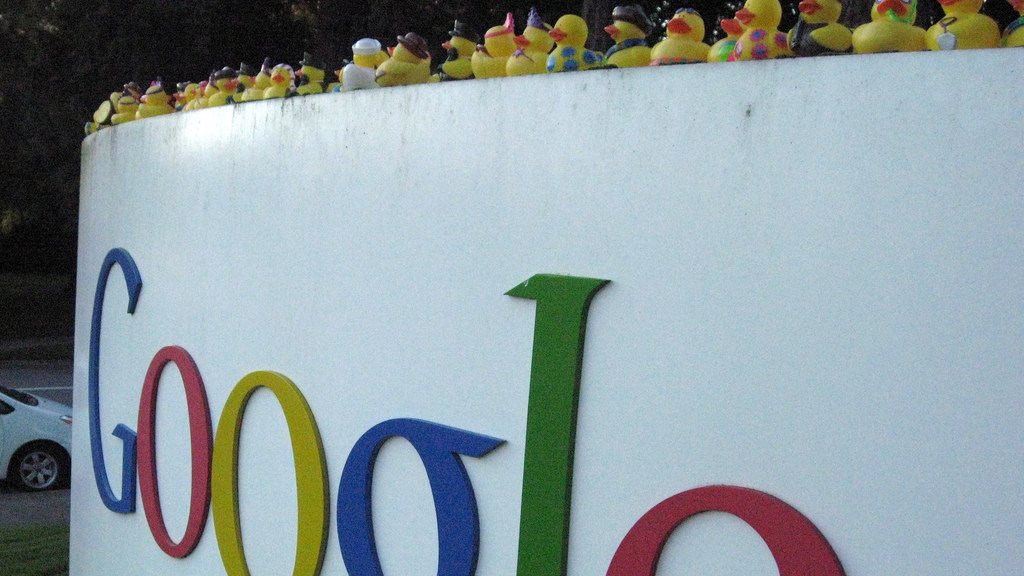As our digital life grows, so do we grow. It then becomes almost impossible to remember the identifiers and passwords of all these accounts. But Google has found the solution, grouping all your accounts to services of the mountain view giant, in one access.
Practice you might say. Certainly. The effectiveness of this can be denied. Email address, Youtube account, Blogs on Blogger, photos on Picasa, etc… It's all there, within easy reach, and with just one click. One more step towards a complete assistantship completely managed by a third party. Let it happen, we take care of everything.
Except that. Do you remember Dylan M.'s misadventure in 2011? He had just migrated seven years of digital life to his Google accounts, before everything disappeared, like that, without him ever being warned, and without him knowing why. All his life, all his personal information, photos, contacts, and even his blog, disappeared, as if passed out in the wild.
And that's the risk, when you put all your eggs in one basket. If the basket falls, all the eggs break.
It is therefore strongly advised to all users of internet services, clouds and others, to make, each time, a copy on a local disk, in order to avoid this kind of inconvenience. That being said, and considering that these services are only a plus allowing easy sharing of data, whether it is personal or business data, there is no reason not to appreciate the fact that access to different Google accounts is simplified.
When viewed on the Google side, it is also easier to spot and satisfy a user. Bringing all the possibilities together in one point makes it easier for contributors to intervene and to follow up on customers.
In any case, it is also this centralization of services and data that attracts the public to use Google webmail even more, as a starting point. In fact, it seems that people like to be assisted, even when it comes to storing digital photos that they will probably never look at again in their lives. Google seems to have captured the meaning of digital evolution, and the fact that the firm is constantly buying up start-ups to improve its services, tends to show that this is just beginning.
The invisible danger to the user is that he entrusts his whole life to an operator who will use it only to better sell him something. In this sense, the user becomes a slave to the company to which he delivers his privacy and professional secrets. But it is so well proposed that it is difficult to avoid it, if not to use old methods. Because the other players in this market tend to disappear under the weight of the American behemoth.
Check out our tips on GMail:
– How to avoid a GMail account hacker?

